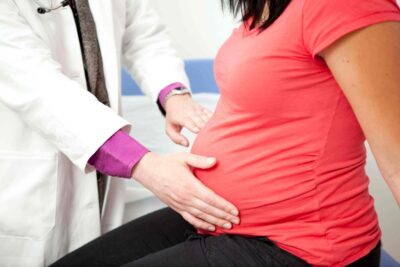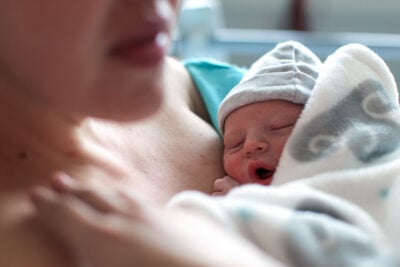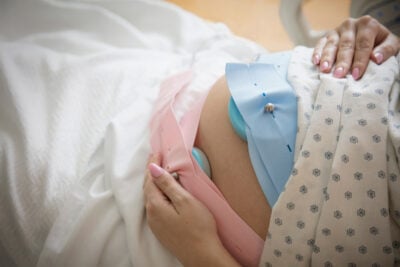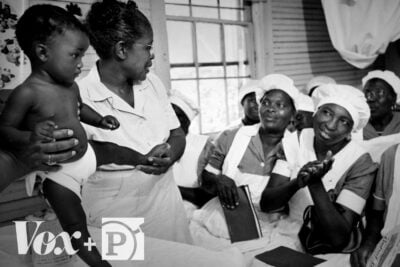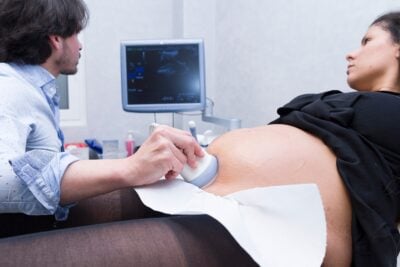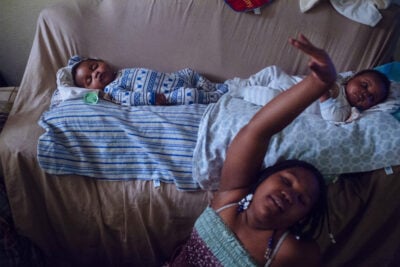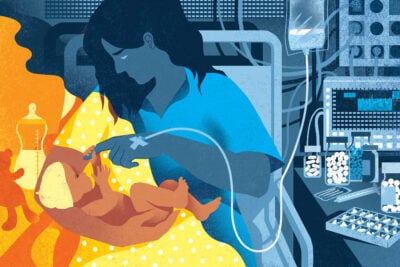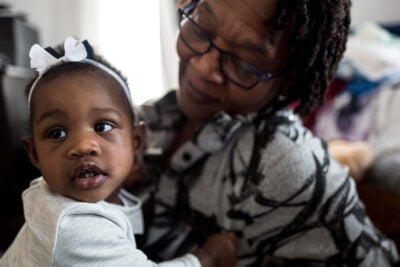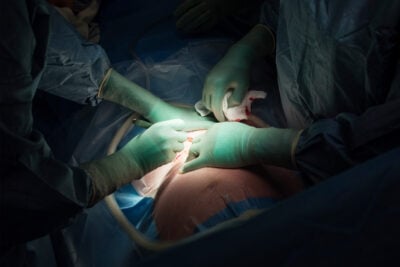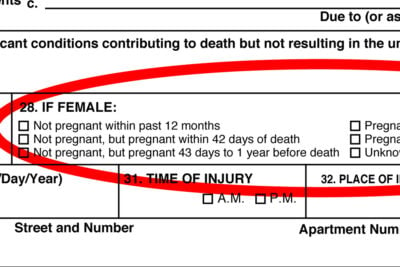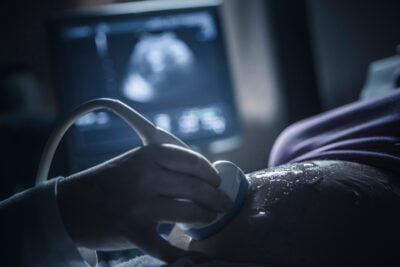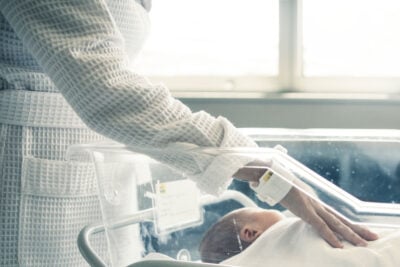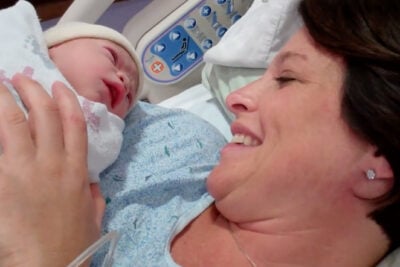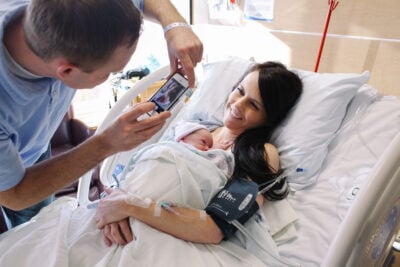Lost Mothers
Maternal Care and Preventable Deaths
The U.S. has the highest rate of deaths related to pregnancy and childbirth in the developed world. Half of the deaths are preventable, victimizing women from a variety of races, backgrounds, educations and income levels.
“Landmark” Maternal Health Legislation Clears Major Hurdle
In the wake of the ProPublica and NPR series “Lost Mothers,” the U.S. House of Representatives unanimously approved a bill to fund state committees to review and investigate deaths of expectant and new mothers.
Trusted Health Sites Spread Myths About a Deadly Pregnancy Complication
From the Mayo Clinic to Harvard, sources don't always get the facts right about preeclampsia. Reached by ProPublica, some are making needed corrections.
New York City Launches Initiative to Eliminate Racial Disparities in Maternal Death
A Central Brooklyn hospital featured in ProPublica and NPR’s “Lost Mothers” series for its high hemorrhage rate will serve as a pilot for quality reforms.
U.S. Senate Committee Proposes $50 Million to Prevent Mothers Dying in Childbirth
After years of Congressional inaction, legislators in both parties want to back efforts by states and hospitals to reduce the U.S. maternal mortality rate, the highest in the developed world.
Here’s One Issue Blue and Red States Agree On: Preventing Deaths of Expectant and New Mothers
From Indiana to Oregon, lawmakers are passing bills to increase scrutiny of maternal deaths. Often, they’re citing our “Lost Mothers” series.
New Jersey Bill Would Create Commission Empowered to Probe Deaths Related to Pregnancy and Childbirth
Spurred by ProPublica and NPR’s reporting, New Jersey lawmakers are moving to tighten requirements to report maternal deaths, investigate their causes and identify ways to prevent them.


